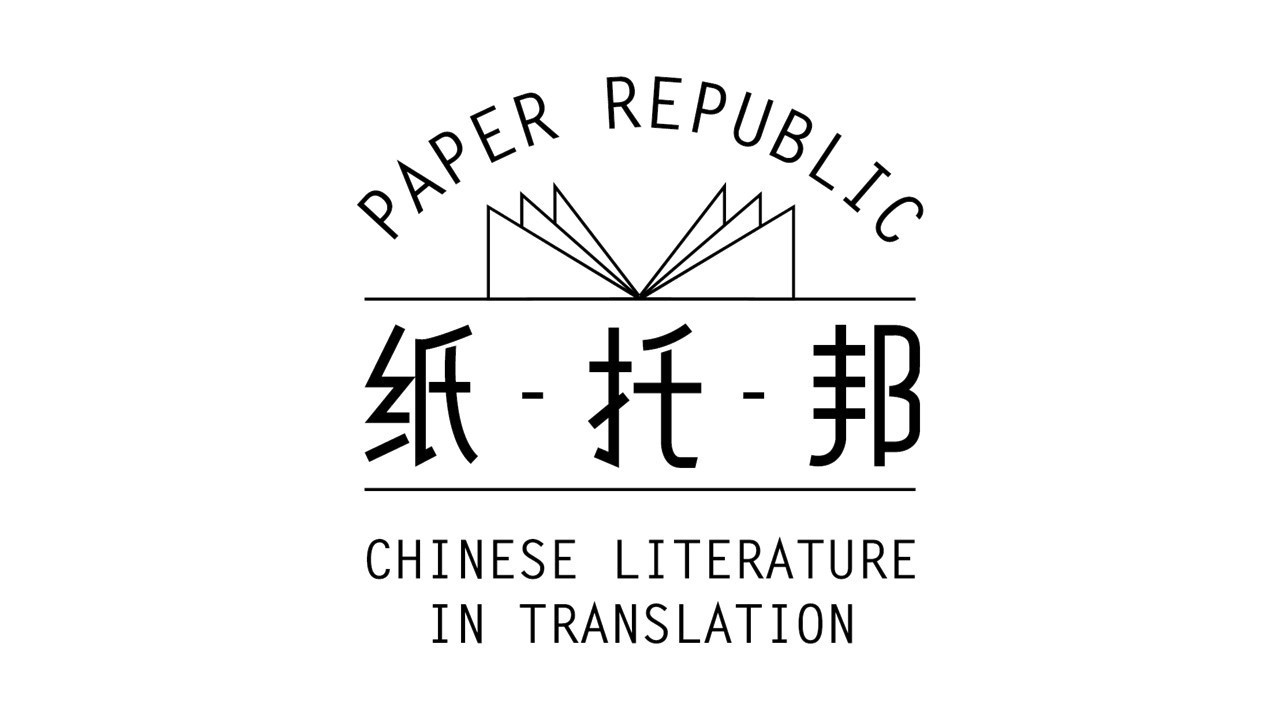MCLC Resource Center is pleased to announce publication of Charles Laughlin’s review of One Man Talking: Selected Essays of Shao Xunmei, 1929-1939, edited and translated by Paul Bevan and Susan Daruvala. The review appears below and at its online home: https://u.osu.edu/mclc/book-reviews/laughlin/. My thanks to Michael Hill, our translation/translation studies book review editor, for ushering the review to publication.
Kirk Denton, MCLC
By Shao Xunmei
Edited and Translated Paul Bevan and Susan Daruvala
Reviewed by Charles Laughlin
MCLC Resource Center Publication (Copyright October, 2024)
Over the past quarter century, there has been growing scholarly attention to Shao Xunmei 邵洵美 (1906-1968), initially as a poet, but increasingly as a publisher and cultural figure. One chapter of Leo Ou-fan Lee’s 1999 book Shanghai Modern: The Flowering of a New Urban Culture in China, 1930-1945, introduces Shao as a decadent poet alongside the “dandy” Ye Lingfeng 葉靈鳳, but also devotes space to his important role in the publishing industry.[1] In 2001, Jonathan Hutt published an article entitled “La Maison d’Or: The Sumptuous World of Shao Xunmei.” In 2016, Jicheng Sun and Harold Swindall published a collection of Shao’s poetry in English translation, The Verse of Shao Xunmei. More recently, in 2020, is Tian Jin’s critical study of Shao’s poetry, The Condition of Music: Anglophone Influences in the Poetry of Shao Xunmei.
Parallel to this increased attention to Shao’s poetry, Paul Bevan has published extensively on Western impacts on Republican era print culture with a particular emphasis on illustrated magazines, and these works have fleshed out Shao Xunmei’s broader profile as a cultural figure. In 2018, Bevan published a monograph on Shao Xunmei’s Modern Miscellany (時代畫報), and in 2020 he brought out “Intoxicating Shanghai”—An Urban Montage: Art and Literature in Pictorial Magazines in Shanghai’s Jazz Age, a broader study on pictorial magazines based in Shanghai and their contributing artists. Bevan has also published a journal article on Mexican illustrator Miguel Covarrubias’ momentous encounter with 1930s Shanghai and his impact on its visual print culture (2021), and more recently a book chapter on Shao’s bookshop The Golden House and his relationship with translation (2024), both of which overlap with the content of One Man Talking. One Man Talking can thus be seen as a collection of source materials on Shao Xunmei that supplements Bevan’s research on Shao and his milieu, that establishes Shao as a cultural figure using his own (prose) voice. This effort is aided by the editors’ collaboration with Shao’s daughter Shao Xiaohong, who provided valuable materials, including an essay on Shao’s wartime publication efforts, and to whose memory the book is dedicated. The book also features a foreword by Leo Ou-fan Lee, translations and commentary by co-editor Susan Daruvala, Michel Hockx, Helen Wang, and Sun Xinqi. Continue reading One Man Talking review →
 Symposium on the Affordances of the Sinophone Literary Translator
Symposium on the Affordances of the Sinophone Literary Translator







